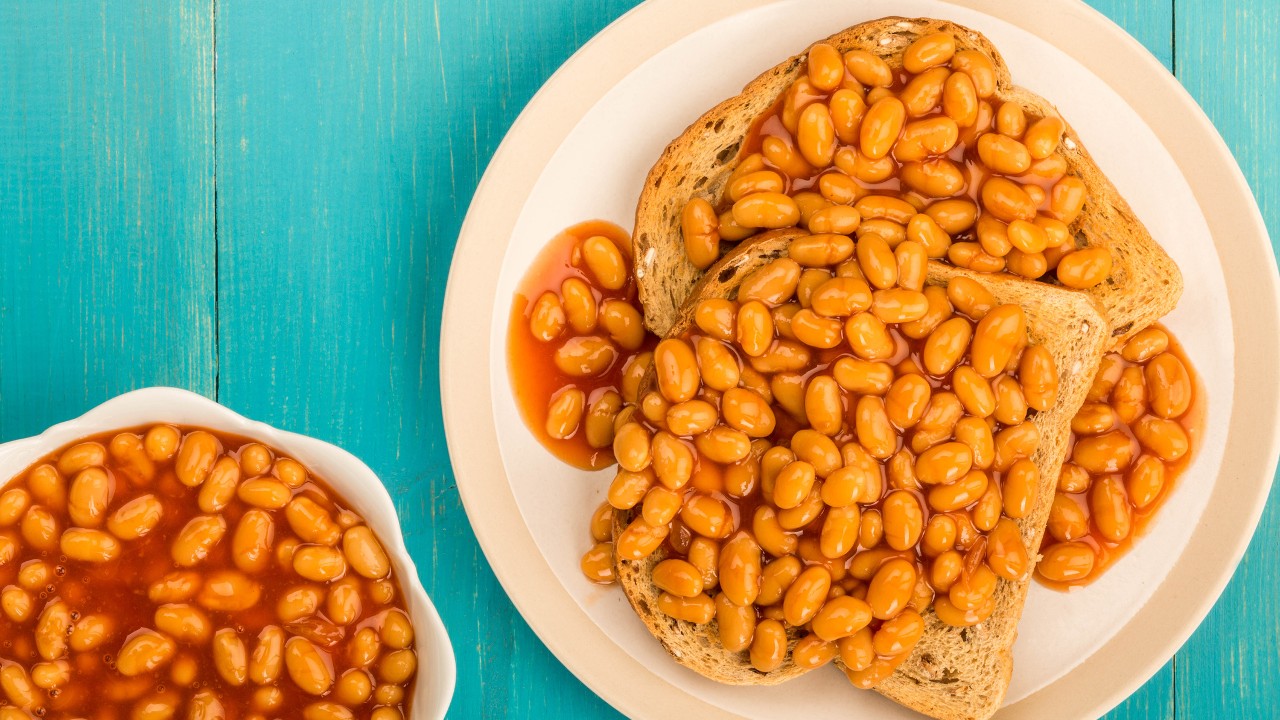
Zinc is an important mineral that the body uses for many functions, including building new cells and enzymes, repairing injuries and processing macronutrients from food. It also plays an important role in helping us to grow and develop during pregnancy, childhood and adolescence.
Unlike some other minerals such as calcium, we do not store zinc in our bodies, so we need to consume it regularly. Women need a little less zinc than men, with a recommended daily intake of 7mg compared with 9.5mg in the UK. Women who are pregnant or breastfeeding may need slightly more.
The good news is that it’s easy to get plenty of zinc through your diet, and foods that contain zinc are common in a healthy, balanced diet. Read on to discover what to put on the menu, as well as how to tell if you might have a zinc deficiency.
Why Do We Need Zinc?
“Zinc is an essential trace element, involved in a number of body enzyme systems and found in a wide variety of foods,” says Cristy Dean, dietitian for Fettle and Bloom. “It helps the immune system fight off invading bacteria and viruses. The body also needs zinc to make proteins and DNA, the genetic material in all cells.”
Pretty important, then, and when we asked dietitian Azmina Govindji how to strengthen your immune system through your diet, she also namechecked zinc.
While it’s often recommended to supplement with zinc when you have a cold, zinc hasn’t been shown to reduce symptoms. However, one study did find that it reduced the amount of time that the body took to fight off a cold.
Which Foods Contain Zinc?
There are plenty of foods that contain zinc, both from animal and plant sources. Zinc from animal sources, however, tends to be more bioavailable than that from plant sources, meaning more of it is extracted and absorbed by the body.
Sign up for workout ideas, training advice, reviews of the latest gear and more.
Oysters contain the most zinc of any food and are the best source for those who consume seafood. However, there are plenty of plant-based sources to enjoy as well.
- Seafood
- Oysters – 16.6mg of zinc per 100g
- Crab – 3.81mg per 100g
- Shrimp – 1.24mg per 100g
- Seeds
- Sesame – contain 7.75mg per 100g
- Unsalted sunflower seeds – 7.64mg per 100g
- Chia seeds – 4.58mg per 100g
- Red meat
- Beef mince – 4.55mg per 100g
- Lamb mince – 3.41mg per 100g
- Legumes
- Red kidney beans – 3.29mg per 100g
- Pinto beans – 3.43mg per 100g
- Baked beans (haricot) – 1.4mg per 100g
- Grains
- Rice crackers – 2.2mg per 100g
- Wholewheat bread – 1.77mg per 100g
- Rye bread – 1.14mg per 100g
Chilli is a reliable dish for combining red meat and legumes, and we have two fine recipes for you to use: a healthy chilli con carne recipe from chef Adam Gray and a smoky aubergine vegetarian chilli for a plant-based version.
Symptoms Of Zinc Deficiency
One of the easiest ways to tell if you have a zinc deficiency is if cuts or wounds take a long time to heal. You may also find that you get ill more frequently, and experience changes to your senses of taste and smell.
“Deficiency of this mineral can also lead to hair loss, immunological problems, skin problems and reproductive hormone imbalance,” says Dr Daniel Fenton, clinical director at London Doctors Clinic, when he spoke to us about a vegan diet.
Zinc deficiency is uncommon, and usually occurs due to malabsorption rather than a lack of zinc from the diet. People most at risk of developing a zinc deficiency include:
If you have a zinc deficiency or low levels of zinc, Dean says, you can take a supplement. “Patients with malnutrition, alcoholism, inflammatory bowel disease and malabsorption syndromes are at increased risk of deficiency,” she says. “Continuous supplementation is safe at low levels, whereas higher doses are generally used in the short term due to the risk of short-term effects and copper deficiency.”

Lou Mudge is a health writer working across Coach and Fit&Well. She previously worked for Live Science, and regularly writes for Pet’s Radar. Based in Bath, UK, she has a passion for food, nutrition and health and is eager to demystify diet culture in order to make health and fitness accessible to everybody.
Multiple diagnoses in her early 20s sparked an interest in the gut-brain axis, and the impact that diet and exercise can have on both physical and mental health. She was put on the FODMAP elimination diet during this time and learned to adapt recipes to fit these parameters, while retaining core flavours and textures, and now enjoys cooking for gut health.
